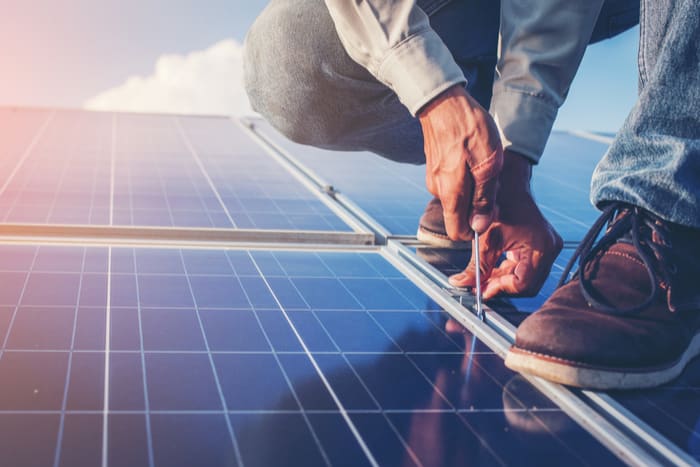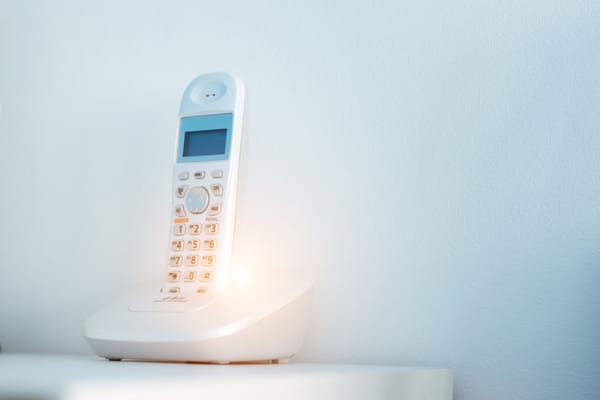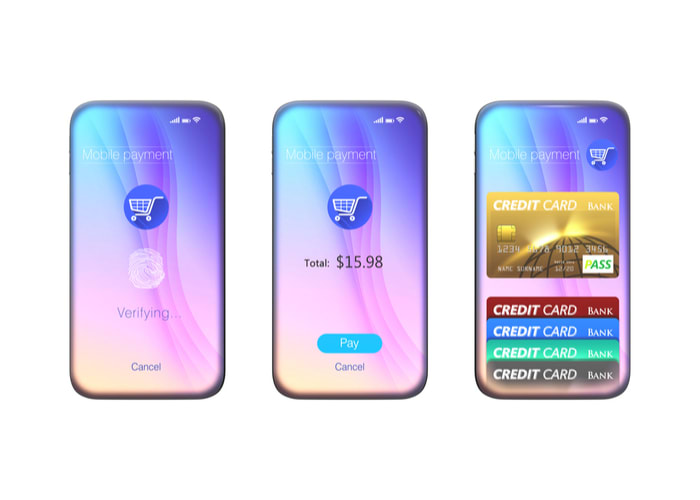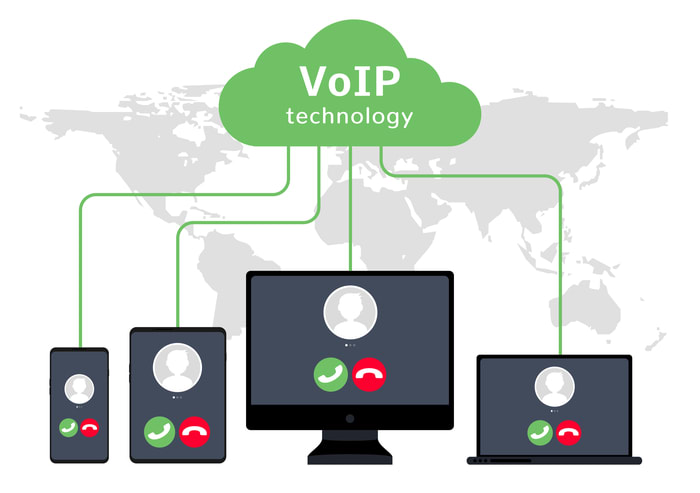The Next Leap In Autonomous Tech May Replace Millions Of US Workers
Self-driving cars are the next big threat to the American worker, given the importance of driving to the US economy. How will we adapt?
Everything You’ve Always Wanted to Know About Solar Panels
The world is changing at a rapid rate—and we need to be prepared to evolve at the same lightning speed. As the population skyrockets, our energy use rises as well. And with a limited amount of natural resources (read: fossil fuels) at our disposal, we need to work on implementing other options. Enter solar panels.
What is Net Neutrality — And How is it Changing?
Net neutrality. You’ve likely heard the term before — but do you really know what it is? These two words affect the way that we access and consume information on the internet. And recently, a lot has changed.
Why VoIP is the Future of Communication — And How to Get It Today
Thanks to a lack of advertising by the major phone providers, millions of well connected Americans may not have heard of the cheap phone line substitute known as VoIP. Small businesses have relied upon this flexible, money-saving technology for years, but regular homes across the US are finally catching on.
Lower Your Bill: Compare No Contract Phone Plans
Thanks to hot competition and new towers, many of the roadblocks stopping people from switching phone providers based on their geography are over. Depending on where you live, with so much bandwidth needed, unlimited data plans are more accessible (and more important to most people) than they used to be in every state.
Ditch Your Landline, Save Money
More than half of American households have wireless service only. It almost goes without saying, but we’re dropping our landlines en masse. And it makes sense. Landlines are a dying breed with service lagging and the cost not keeping up with the value we expect from consumer services in 2020. Just as rotary phones went out for touchtone, anything with a cord -- be it in or outside of your home -- isn’t really necessary. Get out of the 1990s while the getting is good.

.jpg)




